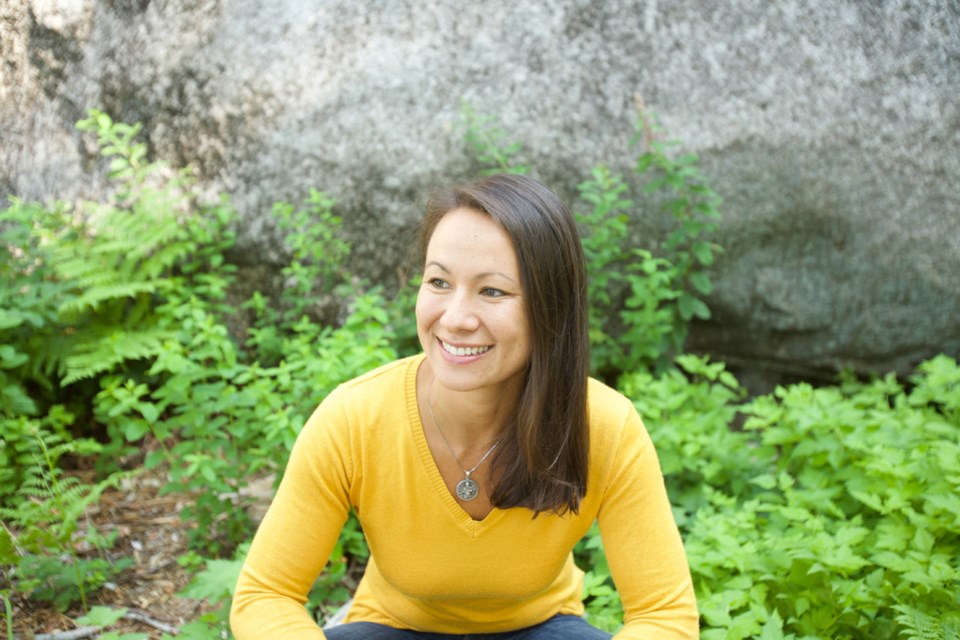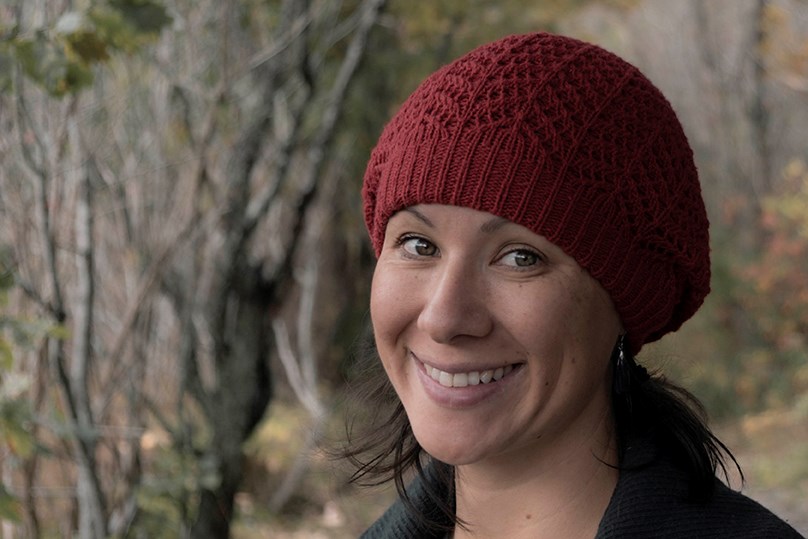Squamish's Kazuko Hiroe has a passion for rural midwifery care. She spearheaded the consumer initiative "Squamish Midwives Now" in 2008, advocating for midwifery services to be offered in Squamish.
She is currently in her third year of the UBC Midwifery Program. As part of her education, she will be participating in an international midwifery placement in Nepal for six weeks this spring.
Nepal currently has a maternal mortality rate of 239 per 100,000 births, according to the Maternal Health Task Force, whereas Stats Can data shows Canada has a rate of between 4.5 and 8.7 deaths per 100,000 live births.
The Chief caught up with Hiroe for a wide-ranging chat followed up by an email exchange about her history in Squamish, her trip and her passion for "Wombs with a View."
What follows is an edited version of those conversations.
Q: Why was it so important to you to bring midwifery services to Squamish, more than a decade ago now?
A: I wanted to access midwifery care myself for the birth of my kids and it wasn't available in Squamish. I didn't have midwifery care for my first and I travelled to Vancouver to access midwifery care for the birth of my second son, who was diagnosed at birth with Down syndrome.
The model of care was very thorough. It gave me more time with my midwives. We ended up with a rather complex post-birth scenario, with a baby who needed a lot of extra support. I feel like the midwifery model allows for a continuity of care — the postpartum care that I really benefited from. I just felt like people in Mount Currie or Pemberton, who wanted to access midwifery care, would have to travel to Vancouver to do that. Because midwives are really only caring for low-risk clients, Squamish was suitable for midwifery care, it just hadn't been implemented yet.
Q: Can you tell me more about going to Nepal?
A: While we will be attending some births in Nepal, we have been asked by the Midwifery Society of Nepal, and hospitals there, to allocate our attention in really rural and remote areas that don't get a lot of medical attention. Some of these areas are the epicenter of morbidity and mortality in Nepal. We are asked to visit these locations and teach, for example, emergency skills. This is generally for healthcare providers, but in some communities that have very infrequent or no access to medical care providers, the training is for whoever is assisting births in that area.
We will also be bringing in supplies to areas that need it. And also we will be learning from local care providers and learning a different way of attending births.
There are so many cultural aspects and also barriers to care that I can't necessarily understand living here.
The trip is really a bilateral learning and teaching opportunity.
Q: This is kind of a tough question that maybe you address in your program, but we are so much more aware these days of the issues around being "western saviours" — of parachuting into places when it might have been better to send money directly to say the Midwifery Society of Nepal. What are your thoughts about that or precautions you take?
A: The ethics of our work is extensively discussed in our program. We question: Are we causing harm? How can we avoid this? Bilateral learning and humility are key components. Understanding that our standards, guidelines and protocol training may not be best and/or appropriate for different environments, cultures, infrastructure and resources.
We understand that some current medical health practices and problems in Nepal have stemmed from western medical influence and training in the past and have not changed or been addressed.
Social determinants of health are complex and multidimensional. We are not naive, thinking we have appropriate solutions.
We aim to listen to the community needs instead of projecting what the perceived needs are.
I believe that experiencing maternal and neonatal health in Nepal — or in any global context in general — in a completely different country, environment, health system, culture, birth practice, belief system etcetera, will impact me as a future care-provider and hope to better serve the diverse population in Canada in both urban and rural settings.
Q: Can you tell me more about the event you have planned in support of your trip?
A: "Womb with A View" is a theatrical production featuring Squamish actresses Heather Feeney, Kathy Daniels, Christine Gavin-Bartlett as well as guest actors Miwa Hiroe and Anne-Marie Jamin.
It is a compilation of short skits and monologues written by rural B.C. folks presenting their reproductive experiences. Some are funny and entertaining and others are thought-provoking and heart-wrenching.
Proceeds will support costs associated with my global midwifery endeavours.
This production will be appealing for anybody interested in the human experience, maternal health and simply anybody wanting to enjoy an evening out to enjoy unique entertainment with a glass of beer or wine in hand.
"Womb with A View" is on at The Ledge Community Coffee House on March 7. Doors open at 6:30 p.m. and the show starts at 7:30 p.m.
(Tickets can be purchased at wombwithaview.ticketleap.com/wombwithaview.)
Q: What are your future plans, once you graduate?
A: I have a passion for rural maternity and neonatal health, midwifery care and policy.
I hope to provide midwifery services in a rural community, hopefully, Squamish.
(We are considered rural.)
I grew up in remote Valemount, so I have seen firsthand challenges families have faced during their childbearing years. Think of travelling three-plus hours to give birth or access some prenatal or postpartum care, precarious road conditions, no access to public health nurses postpartum, no access to reproductive mental health resources locally.
I also plan on participating in research regarding maternity care in rural and remote areas.
And global midwifery is always on my mind. Perhaps when the kids are older I can become more involved in that.




